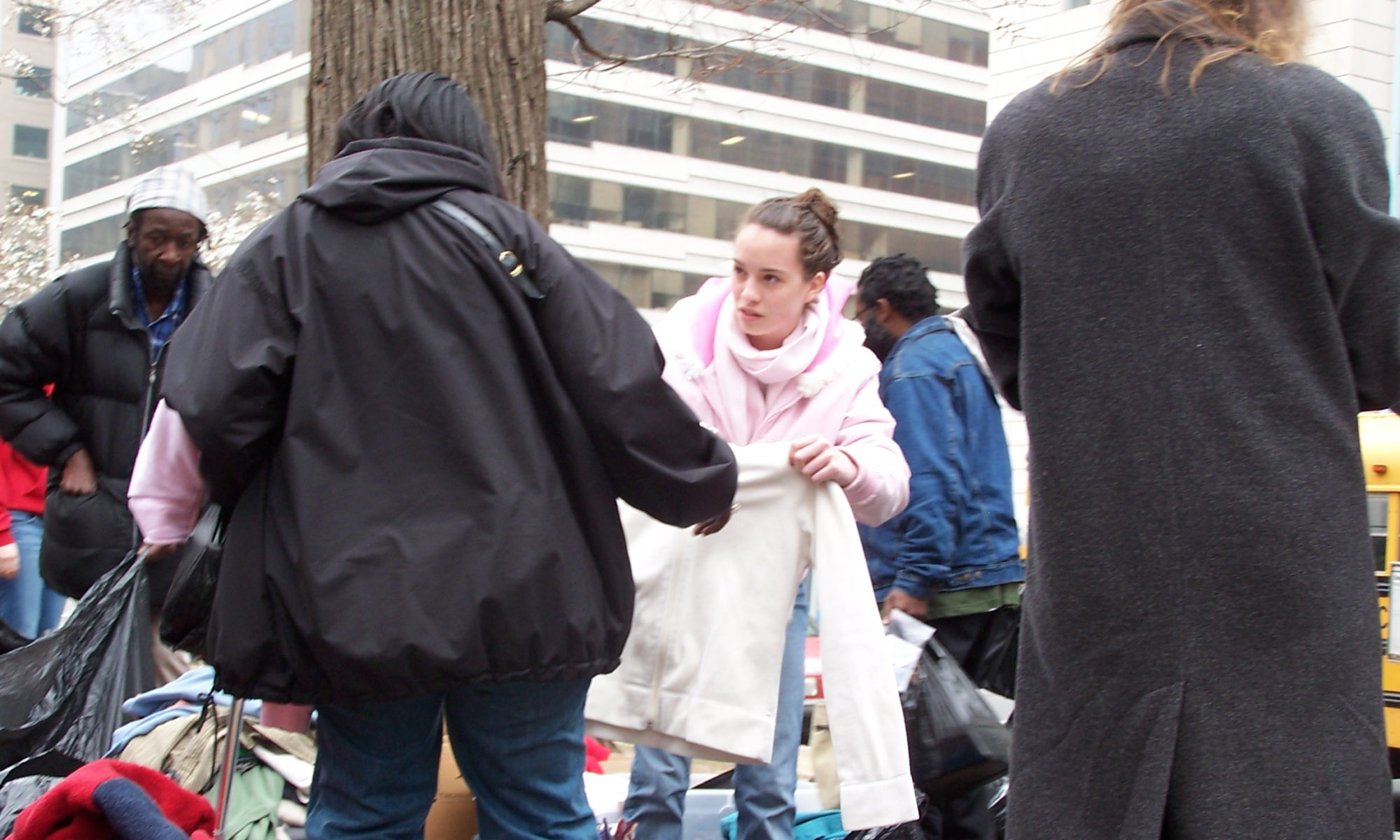Sometimes you meet someone and you become instant friends. That happened to me awhile back. I went to Massachusetts for some training on media interviews with one of the more brilliant marketing experts in the country, Shel Horowitz (http://shelhorowitz.com/). He’s the author of Principled Profit, Grassroots Marketing (a must-have for bootstrap marketers), The Penny Pinching Hedonist, Marketing without Megabucks and his latest, Guerilla Marketing Goes Green. He’s a true wordsmith and a master at getting the most bang for your marketing buck.
The odd thing about our friendship is that Shel and I disagree on a whole host of issues. Shel is liberal on most issues. I’m mostly conservative. Our religious views are quite different. Yet despite our apparent incompatibility, our friendship quickly flourished.
Why?
First, we found our common ground. Shel and I both believe in leading a simple, responsible lifestyle. We both enjoy hiking and drinking in nature’s wonders as we go. We both get riled at the sight of injustice and corruption. It didn’t take us long to find lots of other areas where we agreed.
Second is integrity. Shel lives what he believes. He does what he says he’ll do, and he won’t be shy about telling the truth. I try to be the same way in my life. Unfortunately, integrity seems to be a dying value in much of our culture. So when I meet someone who has it, I am drawn to them.
Third, it’s OK to disagree. We accepted our differences and voiced our positions in friendly, reasonable conversation. You can’t bring everybody to your side. Jesus didn’t even reach everybody he came in contact with. So Shel and I both took time to listen and learn from each other. We didn’t change each other’s opinions, but we broadened our minds.
It’s not hard to get along with people. Instead of focusing on our differences, try to find some common ground. There’s more of that kind of real estate than you can imagine. From that starting point, make an effort to truly listen. Digest what the other person is saying. In far too many discussions we humans are guilty of concentrating on how we will advance our position and fail to truly hear the views of the other person. You don’t have to agree, but you must try to understand.
Yes, Shel and I are unlikely friends. I can’t speak for him, but my life is richer for it.
God’s grace to you,
Steve Jennings, Executive Director

